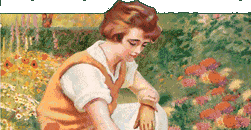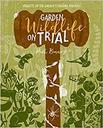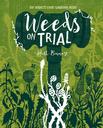
Sow peas and beans on David and Chad, be the weather good or bad
An instruction to the vegetable gardener to be sure to have seeds in the ground by St David’s Day on March 1st or the festival of St Chad the day after. Though this admonition is fine for peas and broad beans, for other types of beans the gardener needs to give more thought to the weather than the date on the calendar.This timetable of sowing is reinforced by another old gardener’s rhyme which runs ‘Be it weal or be it woe, Beans should blow before May go’, implying that by the end of May plants should be growing and well established. Another verse demands attention to other signs of spring (and knowledge of the sizes of pre-decimal coinage!):
Plant kidney beans, if you be so willing,
When elm leaves are as big as a shilling,
When elm leaves are as big as a penny,
You must plant beans if you mean to have any.
All this is fine as long as the soil is not cold and damp, which will make even the most resilient varieties of peas and broad beans rot away and will certainly put paid to more tender French and runner beans. Outdoors and unprotected, French and runner beans will not germinate successfully until early May, though good strong plants, ready to set out once the risk of frosts is passed, can be obtained from seeds sown in April and afforded the protection of cloches, fleece or a greenhouse.
Daffodils are worn, by custom, on St David’s day, but leeks are also closely associated with March 1st. According to legend Welsh warriors battling against the Saxons in the 7th century wore leeks in their hats in to show which side they were on. In fact leeks may not have reached Britain until the 1500s, and the vegetables in question may well have been ransoms or wild garlic.
Taken from the book The Gardener's Wise Words and Country Ways.








